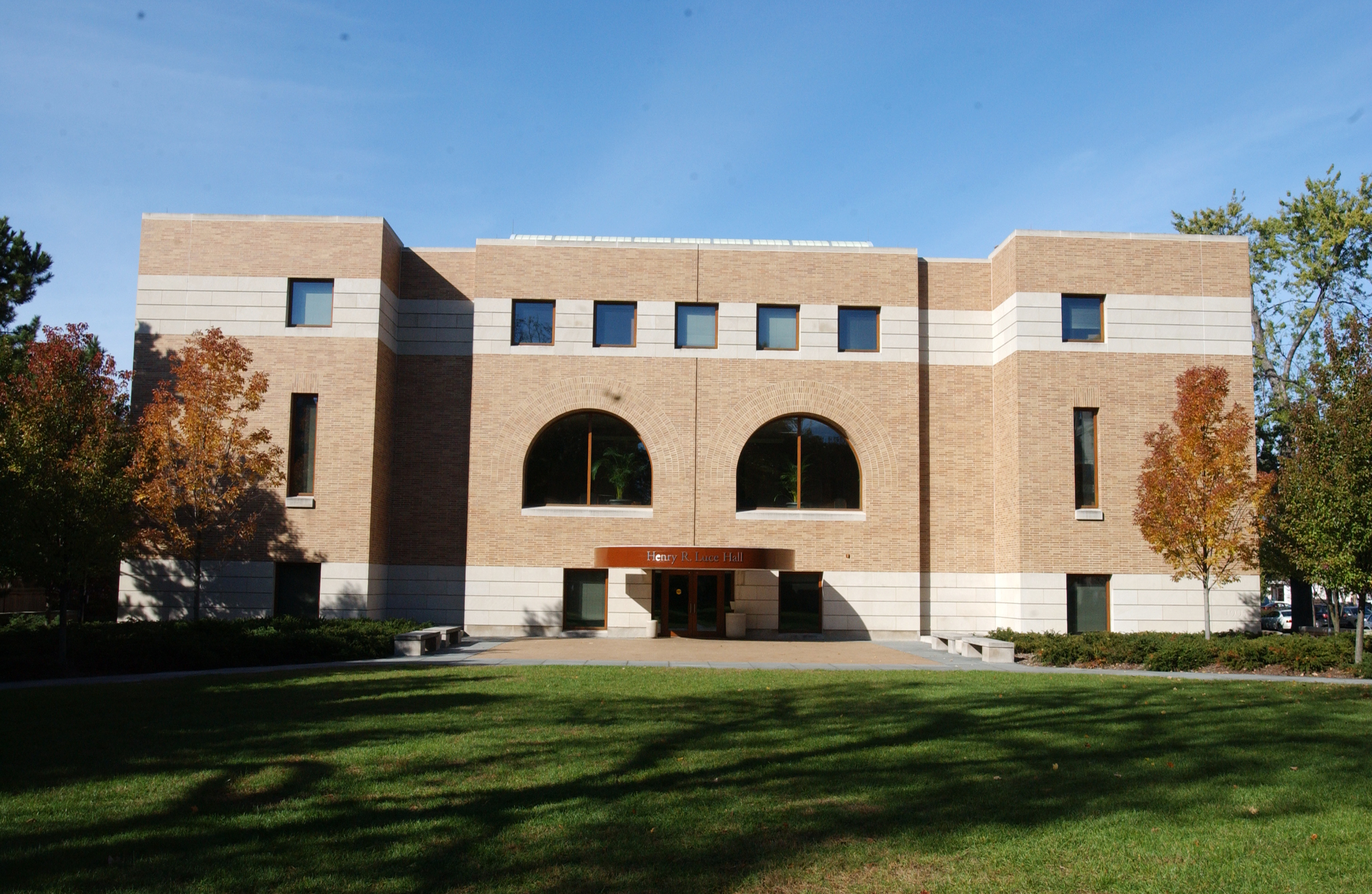
Courtesy of Marilyn Wilkes
The MacMillan Center, a research center for international affairs, will beginning this summer guarantee fellowships to all eligible Ph.D. students in the humanities and social sciences and raise the cap on those fellowships from $15,000 to $18,000.
MacMillan Center Director Ian Shapiro GRD ’83 LAW ’87 made the announcement in a Monday afternoon email to faculty affiliated with the center. To be eligible for the grants, applicants must intend to engage in research abroad and have completed all pre-dissertation requirements. Last fiscal year, the center awarded $700,000 in grants and fellowships to nearly 200 graduate students as part of a competitive application process. MacMillan Center Deputy Director George Joseph estimated that 50 to 75 additional students will receive funds as a result of the more inclusive policy, at an additional cost of roughly $300,000.
“The meaningful point of inflection is not that we are putting more money in, but that we are guaranteeing support to students who want to do research — that is critical,” Joseph said. “That means in terms of their planning and applying for external funding, by knowing they have the funds available, they can get going on their research sooner and do more.”
Many graduate students in the humanities and social sciences need to undertake international research in order to write their dissertations and complete their degrees. These students mainly fund their research through a combination of Yale funding packages offered upon admission and competitive external awards and fellowships. Shapiro said most students will require more than $18,000 to fully conduct their research, but administrators and faculty members interviewed said they expect the guaranteed funding to alleviate some of the pressure that comes with applying for competitive grants.
Dean of the Graduate School of Arts and Sciences Lynn Cooley said she expects that students in the humanities and social sciences will continue to apply for and receive external awards and grants, but that the “extraordinary commitment” from the MacMillan Center gives graduate students essential financial support regardless of the grant applications.
Shapiro said since the financial crisis, outside funding for students has become more difficult to secure. The MacMillan Center has responded by increasing the amount of resources it provides to graduate field work and is now tapping into “reserved resources” to make the latest expansion possible.
“Our central mission is research and teaching. We see this as the most important thing we do — support research, faculty and students. We’d much rather spend resources on this than just about anything else,” Shapiro said.
Faculty members in the Political Science and Anthropology Departments — fields that often require international research — said the guaranteed fellowship will also help attract more candidates interested in related research.
Political Science Department Chair Steven Wilkinson said many graduate students in his department already benefit from the support of the center, and this guarantee of support will make Yale even more competitive in attracting doctoral candidates.
Anthropology Director of Graduate Studies David Watts said the department and its graduate students are grateful for the funding, though some students will still require outside funding.
“We expect — and in fact will require — that students seek outside funding, but the availability of MacMillan Center funding to all qualified Ph.D. students will allow them to make up for any shortfalls in outside grants and expand and strengthen their research projects in ways that would otherwise be difficult or impossible because of budgetary constraints,” Watts said.
The MacMillan Center supports 28 ladder faculty positions and 75 visiting scholars across the arts and sciences.








